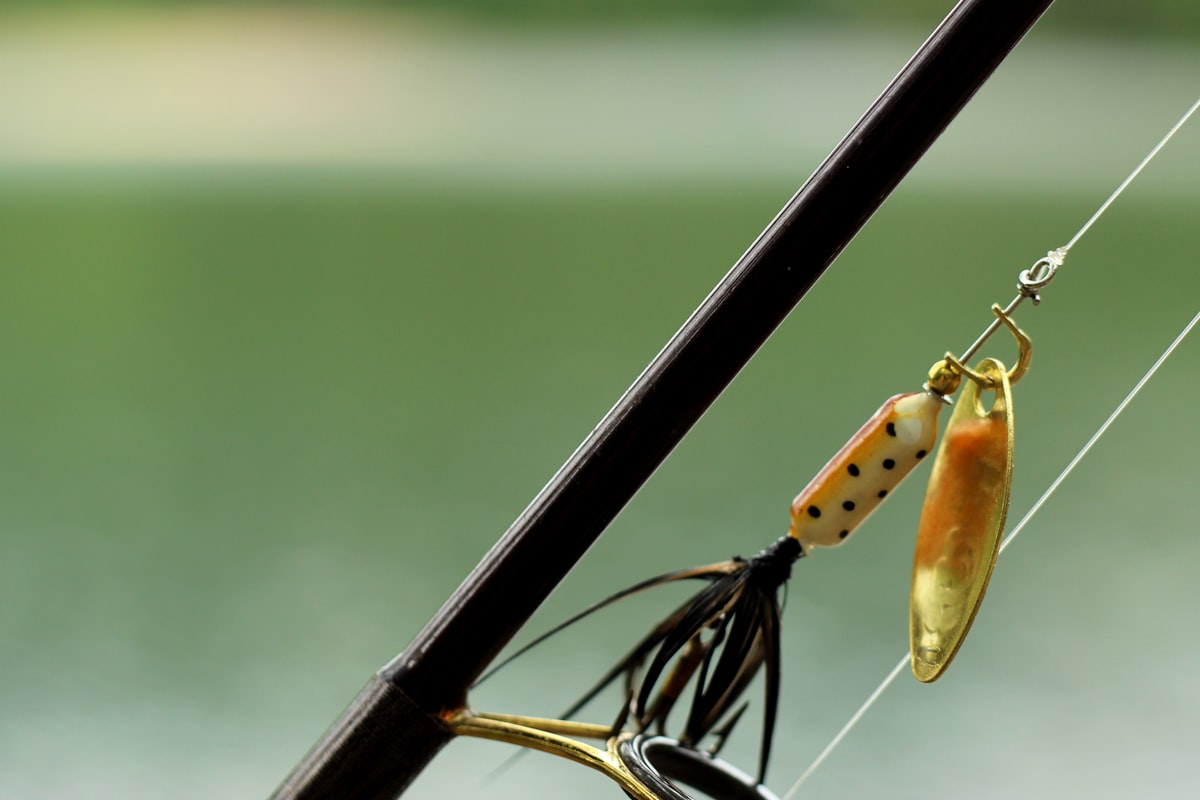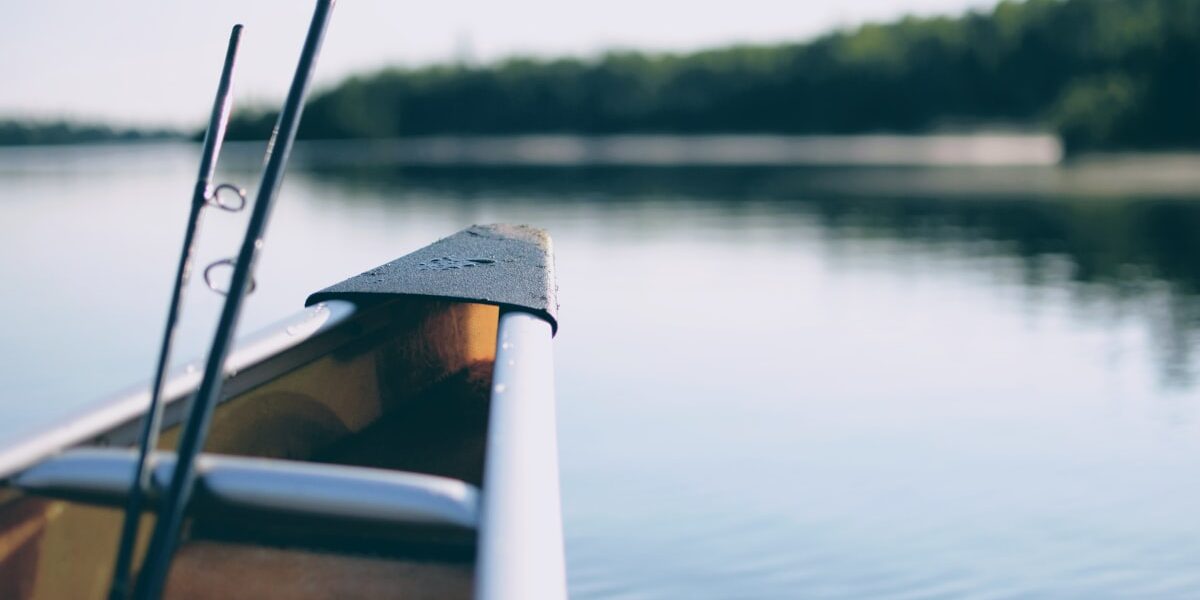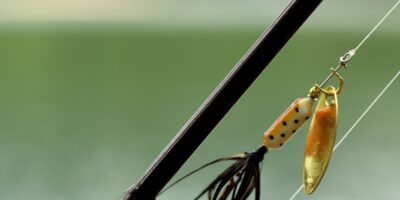How to Maintain Your Saltwater Fishing Gear
Saltwater fishing is a rewarding pastime but the saltwater environment can be tough on your gear. Proper maintenance ensures your equipment stays in good shape and performs well over time. This guide will provide you with practical steps and tips to maintain your saltwater fishing gear.
Rods

Rinse your rods with fresh water after each use. Salt can corrode and damage the finish and components over time. Use a gentle spray rather than a powerful jet to avoid forcing salt into small crevices. Once rinsed, wipe down the rod with a clean cloth. Pay attention to the guides and reel seat. Additionally, regularly inspect them for any signs of damage, corrosion, or wear.
Check the guides for nicks or grooves, which can fray the fishing line. If you find any, replace the guides or take the rod to a professional for repair. Apply a light coat of reel oil to the reel seat threads to prevent corrosion and ensure smooth operation during your next trip.
Reels

Rinsing your reels after every outing is crucial to remove salt and sand. Keep the drag tightened to prevent water from entering the drag system. After rinsing, loosen the drag and let the reel air dry. Wipe the exterior with a clean, dry cloth.
Perform a thorough cleaning and lubrication periodically. Remove the spool and apply a light coat of oil to the main shaft. Grease the gears and internal components with reel grease. Make sure to follow the manufacturer’s recommendations on lubrication products and frequencies.
Inspect the reel for corrosion or damage during regular maintenance. Replace any worn or damaged parts. Proper reel maintenance extends the life of the equipment and ensures smooth operation.
Lines
Monofilament and fluorocarbon lines should be replaced periodically. These lines can weaken over time due to exposure to UV rays, salt, and stress from fish. Check for nicks, abrasions, and stretches after each trip. Replace any sections that look damaged. Braided lines are more durable, but they still need regular inspection and maintenance.
Rinse your lines with fresh water and let them air dry. Use a line conditioner occasionally to keep them supple and less prone to tangling. Store your reels in a cool, dark place to protect the lines from UV damage when not in use.
Tackle
Regularly inspect and maintain your tackle. Rinse lures, hooks, and other tackle with fresh water after each use. Dry them thoroughly before storing to prevent rust and corrosion.
Check hooks for sharpness and rust. Sharpen dull hooks with a hook file or replace them as needed. Use a rust remover on any rusty hooks or lures, but replace any that are significantly corroded.
Organize your tackle box to keep your gear in good condition. Separate different types of tackle and store them in appropriately labeled compartments. This also helps you quickly find what you need when you’re on the water.
Nets and Gaffs
Nets and gaffs also need attention. Rinse them with fresh water after each use and let them air dry. Inspect the netting for any tears or holes. Repair or replace damaged nets to ensure they function properly during your next fishing trip.
Check the gaff for corrosion or damage. Rinse it well and dry it thoroughly before storage. Apply a light coat of oil to the metal parts to prevent rust.
Storage Tips
Store your gear properly to extend its lifespan. Keep rods in a rod holder or rack to prevent them from bending or getting damaged. Store reels in a cool, dry place away from direct sunlight. Use reel covers to protect them from dust and debris.
Organize your tackle box, and store tackle in a dry environment. Use desiccant packs to reduce moisture and prevent rust. Keep nets and gaffs in a dry, cool place to protect them from the elements.
Preventative Measures
Preventive measures can reduce the need for extensive maintenance. Always rinse your gear with fresh water after each use. Use corrosion-resistant gear when possible. Regularly inspect your equipment for wear and damage. Address any issues immediately to prevent them from worsening.
Use protective covers for your reels and rods to shield them from the elements. Consider using rod holders to keep your rods secure and prevent damage. Keep your gear organized and stored correctly to ensure it’s always ready for your next fishing adventure.
Conclusion
Following these maintenance tips will help keep your saltwater fishing gear in top condition. Regular upkeep ensures your equipment remains reliable and performs well every time you go fishing. Whether you’re a seasoned angler or just starting, proper gear maintenance is essential for a successful and enjoyable fishing experience.
“`




Subscribe for Updates
Get the latest articles delivered to your inbox.
We respect your privacy. Unsubscribe anytime.